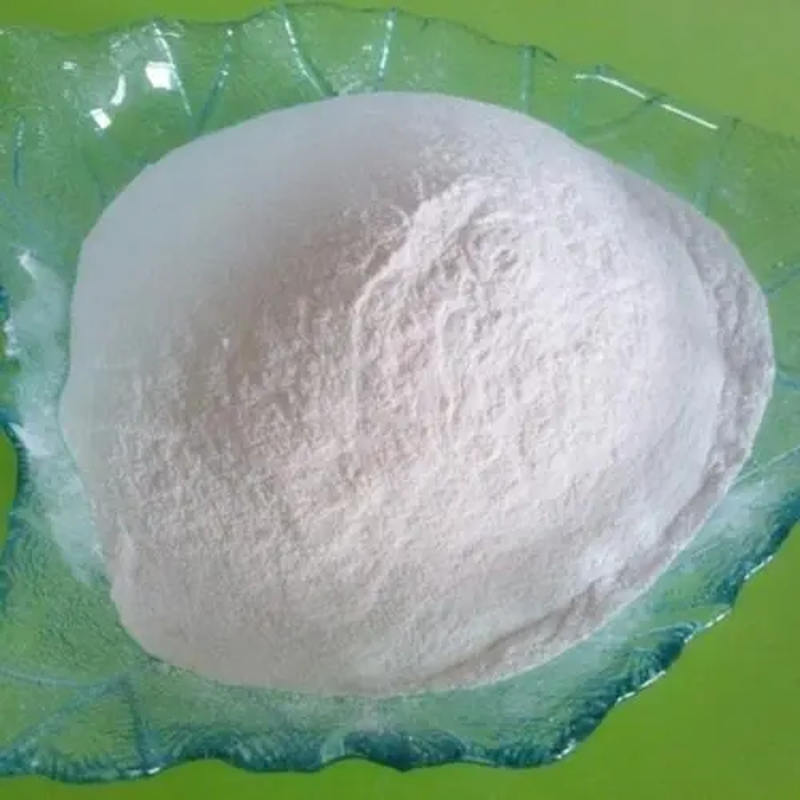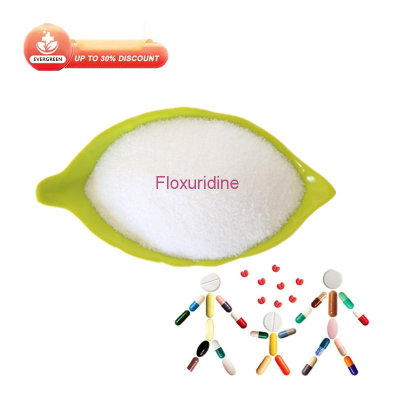-
Categories
-
Pharmaceutical Intermediates
-
Active Pharmaceutical Ingredients
-
Food Additives
- Industrial Coatings
- Agrochemicals
- Dyes and Pigments
- Surfactant
- Flavors and Fragrances
- Chemical Reagents
- Catalyst and Auxiliary
- Natural Products
- Inorganic Chemistry
-
Organic Chemistry
-
Biochemical Engineering
- Analytical Chemistry
- Cosmetic Ingredient
-
Pharmaceutical Intermediates
Promotion
ECHEMI Mall
Wholesale
Weekly Price
Exhibition
News
-
Trade Service
On August 25 this year, the Journal of Clinical Investigation, an international academic journal, published online the title of Hu Guohong's research group at the Shanghai Institute of Nutrition and Health, Chinese Academy of Sciences: IL20RB mediates tumoral response to osteoclastic niches and promotes bone metastasis of Lung Cancer's latest research paper
.
This result describes the new mechanism and treatment strategy
of bone metastasis of lung cancer.
Dr.
He Yunfei, Shanghai Institute of Nutrition and Health, Chinese Academy of Sciences, is the first author
of the paper.
Hu Guohong, researcher of Shanghai Institute of Nutrition and Health, Dr.
Yao Feng of Shanghai Chest Hospital and Fu Da, researcher of Shanghai Tenth People's Hospital, are the co-corresponding authors
of the paper.
This work was supported
by the National Natural Science Foundation of China and the public technology platform of the center of the Institute of Nutrition and Health.
↑ Links to papers: https://doi.
org/10.
1172/JCI157917
Bone is the target organ with the most frequent metastasis of solid tumors, including breast cancer, lung cancer, and prostate cancer, and bone metastasis causes fractures, pain and even patient death; Moreover, due to the special structure of bone tissue, the regulatory mechanism of tumor metastasis to bone is significantly different from that of metastasis to other soft tissues, so tumor bone metastasis is the focus
of many studies.
A large number of studies have shown that in the process of osteolytic metastasis caused by lung cancer, breast cancer, etc.
, there is a vicious cycle between tumor cells and osteoclasts
.
In this cycle, tumor cells secrete cytokines or other proteins directly or indirectly to promote osteoclast differentiation and maturation, and osteoclasts release a large number of factors that promote the growth of tumor cells from the bone matrix by digesting the bone matrix, resulting in the rapid growth of cancer cells that spread to the bone and form bone metastases
.
Therefore, osteoclasts are important "accomplices"
of osteolytic metastasis.
However, previous studies generally believed that osteoclasts mainly help cancer cells indirectly by "bone breaking", that is, digesting the bone matrix, and it is unclear
whether they can directly act on cancer cells.
Hu Guohong's research group found that under the stimulation of tumor cells, osteoclasts can secrete the cytokine IL19, thereby promoting the proliferation of lung cancer cells expressing IL19 receptor IL20RB, leading to the occurrence
of bone metastasis.
First, by analyzing the clinical samplemics data of lung cancer patients, they found that the expression of IL20RB in lung cancer was highly positively correlated with the development of bone metastasis in patients, and found that IL20RB could indeed promote bone metastasis
through in vivo and in vitro experiments.
Further studies showed that IL20RB mediates tumor cell responses
to pro-tumor signals directly from osteoclasts.
Tumor cells induce IL19, the ligand of IL20RB secreted by osteoclasts; IL19 binds to IL20RB on the surface of tumor cells and activates downstream JAK1-STAT3 signaling, thereby enhancing the proliferation ability
of tumor cells in bone.
However, lung cancer cells that do not express IL20RB, or if IL20RB and IL19 are inhibited, do not respond to
osteoclast-promoting signals.
In addition, the researchers also developed a neutralizing antibody of IL20RB, which can effectively inhibit the binding of IL19 to IL20RB and play a very obvious therapeutic role
in lung cancer bone metastasis in vivo.
Bone metastasis pattern of lung cancer: tumor cells can secrete GM-CSF, thereby inducing osteoclasts to secrete IL20RB ligands, IL19; IL19 binds to IL20RB on the surface of tumor cells and activates downstream JAK1-STAT3 signaling, thereby enhancing the proliferation ability
of tumor cells in bone.
In summary, this study elucidated the new mechanism of osteoclast regulation of tumor bone metastasis, discovered the key pathway for tumors to respond to the direct metastasis signal of osteoclasts, and supported the metastasis treatment strategy
of blocking IL20RB with neutralizing antibodies.
(This article is authorized to be reprinted from the public number "Shanghai Institute of Nutrition and Health, Chinese Academy of Sciences"2022-08-31, originally "Hu Guohong's research group of the Institute of Nutrition and Health discovered a new mechanism of bone metastasis regulation of lung cancer"
.
) For reprinting authorization, please contact the original public account
.
)







